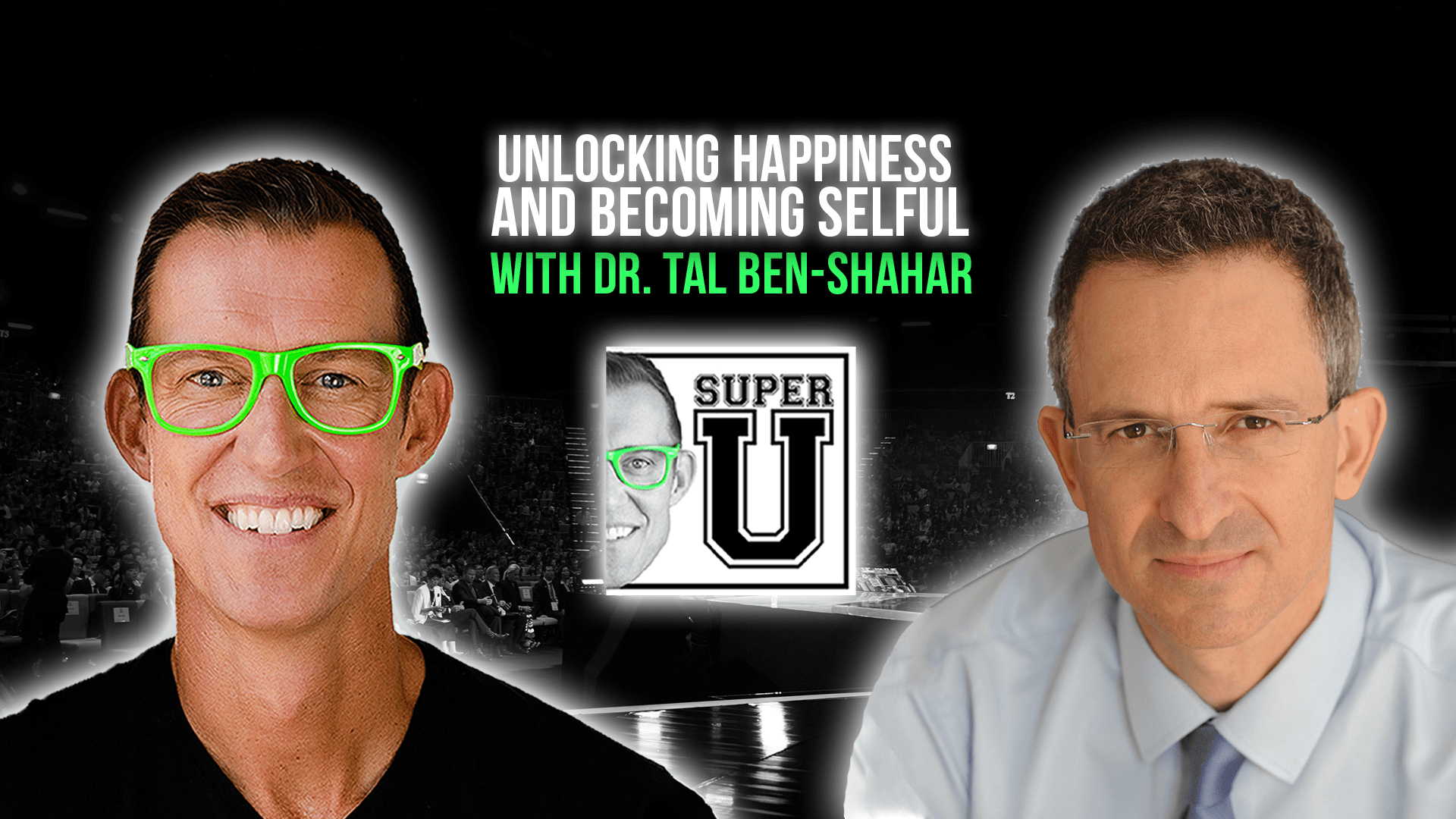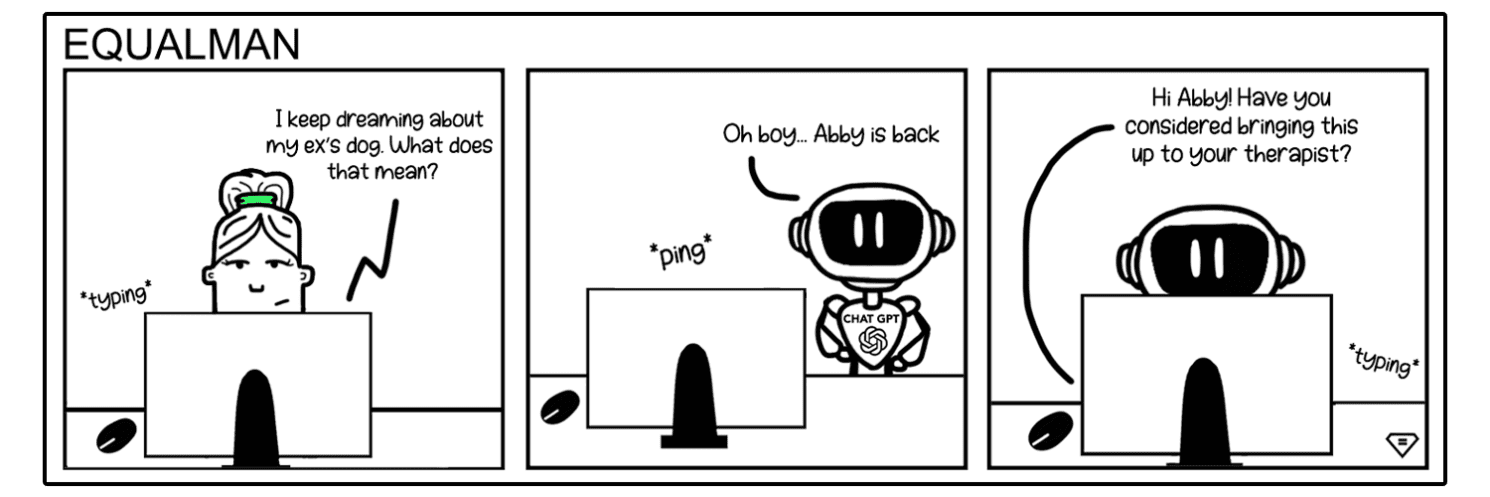Unlocking Happiness and Becoming Selful with Dr. Tal Ben-Shahar
Did you know you can now receive a Master’s Degree in Happiness Studies? All thanks to today’s guest. We’ve been very much looking forward to sharing this episode with you all. Equalman sat with Dr. Tal Ben Shahar to talk about happiness, being selful, and the three R’s of change. Dr. Tal Ben-Shahar is an author and lecturer. He taught two of the largest classes in Harvard University’s history, “Positive Psychology” and “The Psychology of Leadership.” His books have been translated into more than thirty languages, and have appeared on best-seller lists around the world. He is the co-founder and chief learning officer of The Happiness Studies Academy and Potentialife. In 2022 Tal designed and launched a Master’s Degree in Happiness Studies in collaboration with Centenary University.
5x #1 Bestselling Author and Motivational Speaker Erik Qualman has performed in over 55 countries and reached over 50 million people this past decade. He was voted the 2nd Most Likable Author in the World behind the Harry Potter series.
Need a sneak peek? Below are the main takeaways from the episode.
Unlocking Happiness and Becoming Selful with Dr. Tal Ben-Shahar
Episode Preview:
“So one of the things that most people get wrong about when we talk about happiness is that they equate happiness with positive emotions, or positive thinking. And, you know, happiness is much more than that. You know, again, the expectation that a happy life means a life devoid of painful emotions. It’s not only unrealistic, it’s also counterproductive because that’s when we pick ourselves up against our emotions, instead of giving ourselves the permission to be human. So happiness also includes painful experiences, difficulties, and hardships. Moreover, happiness also includes a sense of meaning and purpose. It’s not just about I was on the beach, I was so happy I was having this ice cream. It made me so happy. It contributed to your pleasure, but that’s just a small part of happiness. Happiness is about relationships. Happiness is about kindness. In generosity, you know, it’s not just about, you know, the me, me me approach far from it. In fact, the number one predictor of happiness is quality time spent with people we care about and who care about us, one of the most powerful interventions for increasing happiness is committing to acts of kindness towards others. So looking at happiness as a multi-dimensional construct, rather than a unit dimensional just equating it with pleasure.
…
The number one predictor of physical health, and conversely, and when there’s a lot of talk about this, currently, loneliness doesn’t only detract from happiness, it also very much affects our physical health. The question is, how do we cultivate healthier, healthier relationships? You know, for many thinkers, and even researchers in the field of relationships, it’s about attaining validation, or giving validation, or being the receiver of validation from the other end. Yeah, validation is nice, and it matters. And yes, it’s important, to some extent, but even more important, when it comes to cultivating relationships, is personal development. Because if we are to cultivate healthy relationships, healthy, long-term, intimate relationships, the first relationship we need to cultivate is the one with ourselves. So focusing on personal development, on growing on learning, will indirectly, also affect our relationship with others. Because we become more interesting to ourselves, we also become more interesting to others, we become more curious about others when we continuously study and learn ourselves. And so personal cultivation is, and again, I didn’t invent this, this was talked about a few years before me by Confucius, specifically 2600 years ago, where he talked about personal cultivation being the foundation of healthy relationships, introducing kindness and general generosity. So imagine this, you know, Eric, you go into a conversation, one way to go into a conversation is just, you know, going into the conversation, no, no premeditated ideas or thoughts. And another way, is to think, How can I bring kindness into this conversation? How can I help the others, you know, feel good about themselves? Or how can I learn from the other person? And if you come in with these ideas that immediately elevate the conversation, and of course, it will improve the relationship?”
Keep up with Dr. Tal Ben-Shahar:

To ensure you don’t miss future episodes, subscribe to our podcast by clicking here >> Super U Podcast. We hope these tips help unlock and unleash your inner superpower!
The Super U Podcast is hosted by #1 bestselling author and Motivational Speaker Erik Qualman.





